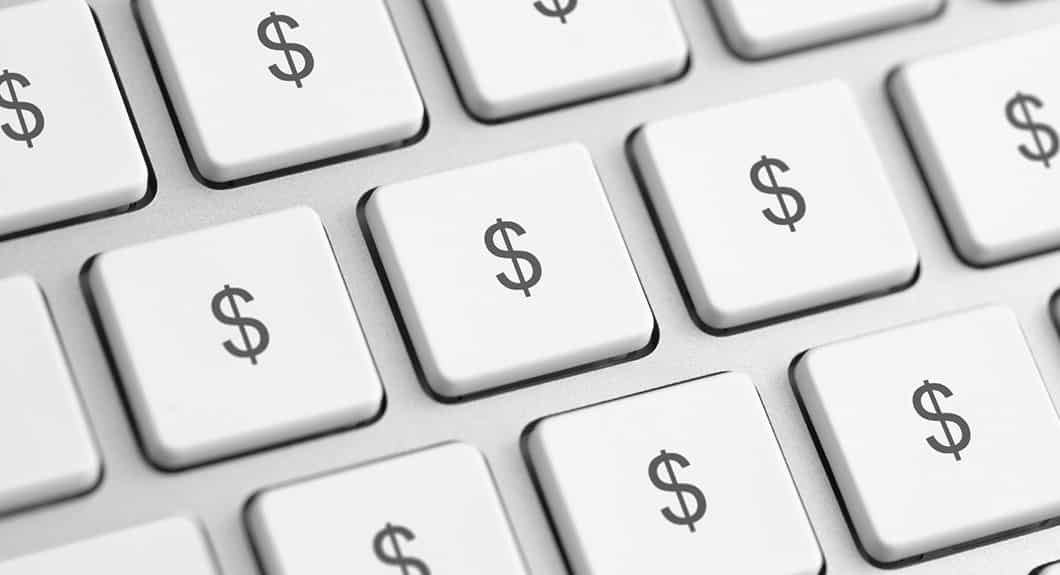Determining solid startup costs requires careful analysis of a variety of factors. Keep in mind that every business is different regarding startup costs. While some businesses can successfully launch on a shoestring budget, others require a considerable investment to open.
Consider the following guidelines when estimating the startup costs for your business.
Research Potential Startup Costs
The most effective way to accurately determine your startup costs is to research what it usually costs other similar businesses to get started in your chosen industry. As you explore, find out how much money other companies spent to open the doors and to keep them open for the first 12 months of business.
Several means of obtaining information on startup costs exist. While there are websites containing valid information on startup expenses for your particular business that you should consult, you’ll require more than a virtual perspective to get a truly accurate picture. A skilled research librarian at your local library can point you to a wealth of information.
Trade associations are also a goldmine of data. In addition to having research available, they often hold trade shows you can attend that provide seminars on business-building topics such as startup costs. At such shows, you also have the opportunity to talk to other business owners. Speaking with successful entrepreneurs about anticipated costs is a particularly effective way of gathering accurate information.
Determine Initial One-Time Costs
Depending on your business, the one-time items and fees required to open up shop may add up to a substantial amount of money. Such costs are generally only required once, or periodically. They include expenses such as: legal and accounting fees to set up your corporation or partnership; logo and website design and implementation; permits; remodeling and improvements of the selected site; security deposit if you are renting the site; signage; furniture; and technological equipment, such as computers, printers, servers, cellphones, and initial inventory.

Some of these tangible expenses required to operate over the long-term, like furniture and equipment, are also considered starting assets.
Calculate Ongoing Expenses
Those monthly expenses that you continue to pay on a regular basis must also be factored in to your startup costs. Such costs include:
- Rent or mortgage, including utilities
- Salary, wages and benefits, sales commissions and licenses
- Dues and subscriptions
- Legal and accounting fees, insurance, taxes
- Advertising and marketing
- Manufacturing and shipping costs
- Website hosting and management
- Office supplies
- IT maintenance and replacement
- Inventory
- Working capital
This ongoing category also includes debt repayment of any loans, including the interest.
Project Out One Year
To determine your final startup costs, multiply your ongoing monthly expenses by 12, then add that figure to your initial one-time costs. This gives you your total necessary startup costs, which should get you through your first year of business, at which point sufficient profits will hopefully be coming in to cover costs.
Having a year of fixed expenses in the bank is considered prudent, although some entrepreneurs start with six months’ worth. The danger in this strategy is that after six months, you may not have sufficient revenue to support continuing the business, which could cause your business to falter. With 12 months’ worth of expenses in the bank, you have an entire year to focus on making the business a success.
Now that you know how much startup costs you’ll need to open your doors and stay in business, you can crunch the numbers and set an opening date.
Read more articles and see exclusive videos in OPEN Forum’s special section on Managing Your Money.
Photos from top: Getty Images, iStockphoto

